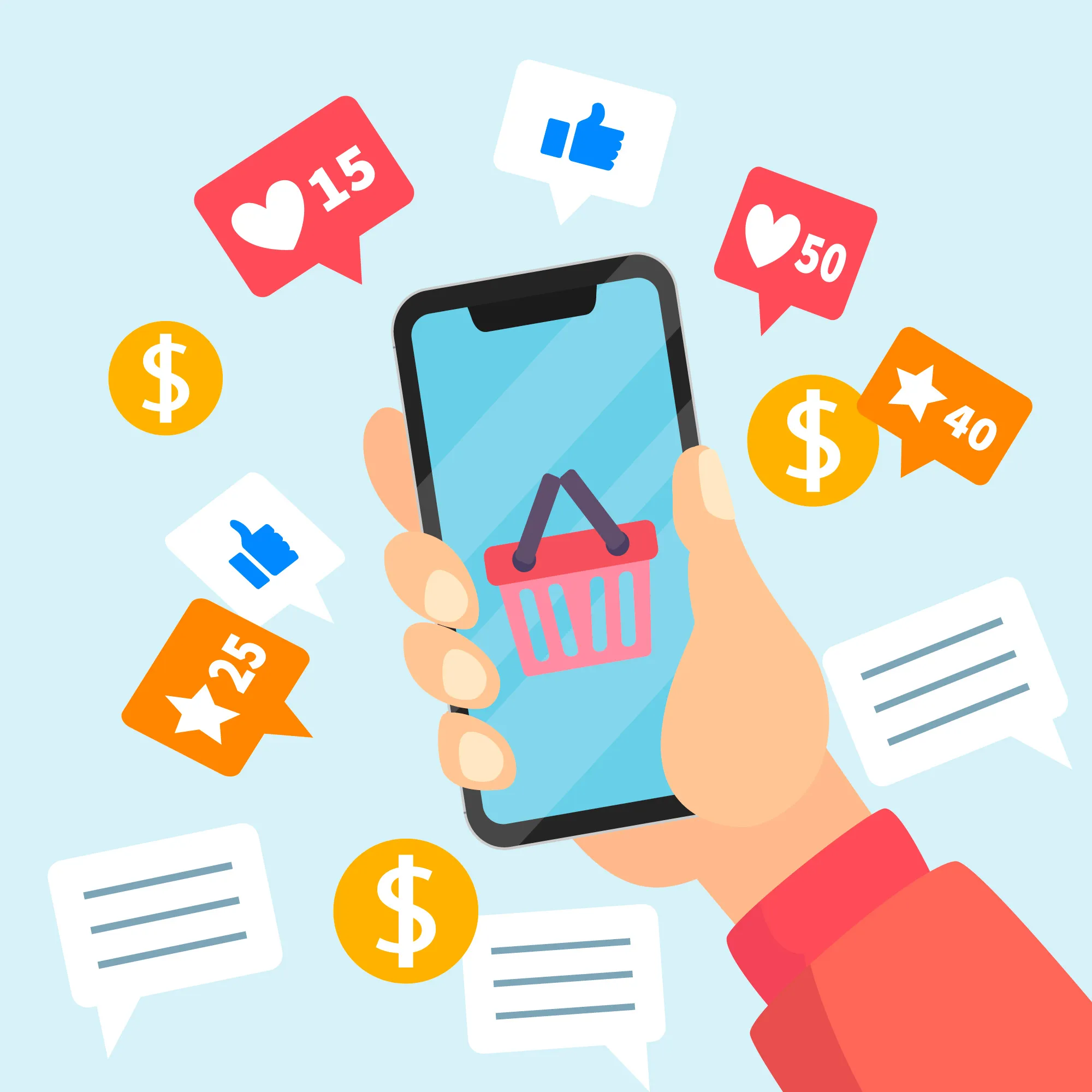Social Media Selling: How to Succeed in a Fast-Paced Retail Space

Many people can agree that social media has transformed the way they connect, interact, and share information with each other. It has also become an avenue to discover new products and services. For consumers, this offers a new level of convenience in making purchases. For businesses, online spaces create a direct line of communication between them and their customers. Perhaps more crucially, they can use these platforms to raise brand awareness and generate more sales.
The presence of online marketplaces has also contributed to reshaping today's retail landscape. Individuals can use them to dip their toes into the entrepreneurial scene, while small business owners with an increasingly growing consumer base get an excellent opportunity to expand their retail space. This is made even easier by the wider availability of online payment options like link payment and digital transfer, which have made buying and selling goods online more secure and convenient.
For small business owners who want to leverage social media selling to expand their retail operations, consider these tips.
Understand Your Audience
The first step to maximizing social media for your retail business is to understand your target audience. Start by identifying the demographics of your potential customers across various social media platforms. Make sure to consider factors such as age, gender, location, interests, and purchasing behavior. Then, conduct market research to gain insights into their preferences and trends within your industry using tools like surveys, focus groups, and social media analytics.
Once you have a clear understanding of your audience, create detailed buyer personas to represent different segments of your target market. These personas can help you tailor your social media strategy to resonate with your customers' needs and interests, ultimately convincing them to patronize your brand and products.
Choose the Right Platforms
Beyond knowing your audience, it's also vital to choose the social media platforms that align best with your market and your product niche. Each site or app has its own unique features, demographics, and user behavior, so take the time to research and identify which ones are most relevant to your business.
For example, photo-centric platforms are ideal for businesses selling visually appealing products such as fashion items, home decor, and even food. Meanwhile, some platforms offer a broader reach and a diverse audience that's ideal for more “universal” types of products and services.
Once you've identified the most appropriate platforms for your business, optimize your profiles and content to align with your brand identity and resonate with your target audience. It's important to use consistent branding elements such as logos, colors, and messaging to firmly establish your business's online presence in these platforms.
Leverage Social Media Features for Selling
These days, social media platforms have gone beyond being merely websites where users can share status updates and photos. As they evolved over the years, these sites have come to offer a wide range of features and tools designed to facilitate marketing and direct selling to consumers. These features include e-commerce integrations, influencer marketing, and shoppable posts, all of which can help drive sales and further grow your small business.
When it comes to e-commerce features, many social media sites now allow you to showcase your products directly to your audience through targeted posts. Meanwhile, shoppable posts and links make it easier for customers to buy your products directly from your social media profile. By reducing friction in the purchasing process, you can increase conversions and drive more sales for your business.
In addition to e-commerce features, you may also want to use influencer marketing as strategy. These content creators are able to promote products to their followers in a more authentic manner, helping you reach new audiences and build credibility.
Provide Easy and Secure Payment Methods
When shopping online, consumers expect a seamless and hassle-free purchasing experience. More than these factors, however, having convenient payment options can significantly impact a customer's decision to buy from a business no matter its size. Having said that, ensure that your social media profiles are linked to secure payment gateways that accept a variety of payment methods like credit cards, debit cards, QR codes, digital wallets, and secure payment links. Offering multiple payment options gives your customers the flexibility to choose the method that works best for them.
Additionally, prioritize security measures to protect your customers' sensitive information and instill trust in your brand. Work only with reliable digital payment companies and comply with industry standards and regulations to safeguard against fraud and data breaches.
Build Long-Term Relationships
While making one-off sales is important, building long-term relationships with your customers is equally crucial for sustainable success for your small business. So, allocate resources for fostering loyalty and making your customers feel valued and appreciated. You can collect feedback from your customers through surveys, reviews, and social media interactions. Then, use this feedback to continuously improve your products and services.
You can also incorporate customer suggestions and ideas into your product development process. This shows your audience that you value their input and are committed to providing the best possible experience. Also, involving your customers in the creation process helps you come up with products that resonate with their needs and preferences. This can drive more sales and loyalty in the long run.
While social media platforms started with the goal of connecting people, they have now opened new ways to offer goods and services online. But like any retail space, social media can be dynamic and competitive. Thus, if you want to use these digital platforms to your advantage, consider the recommendations mentioned in this article. Incorporate them with your sales strategy and a customer-centric approach to help your small business achieve big goals.